Complete security 5 Tips: How to Secure Your Ghost Website
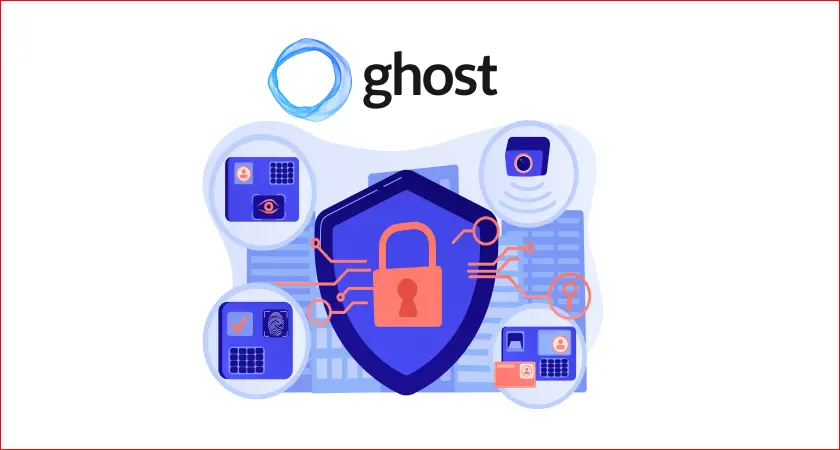
As a content creator, your online space is your haven, a place to share stories, and ideas, and connect with your audience. But just like your physical home, your website needs a sturdy defense system to keep it safe from malicious intruders.
If you’re using Ghost, a popular platform for independent creators, you’re already on the right track. Ghost boasts a number of built-in security features, including automatic SSL, standardized permissions, and brute force protection. But there’s always room for improvement, especially in the ever-evolving digital landscape.
In this comprehensive guide, we’ll delve deep into the world of Ghost security, exploring various strategies and best practices to ensure your website remains a secure and protected haven for you and your content.
You Will Learn from this Blog:
- Introduction
- Why is Security Important for Ghost Websites?
- Ghost CMS Security Features
- Conclusion
- Faqs
Why is Security Important for Ghost Websites?
Ghost is a popular platform for creating and managing blogs and websites. Its lightweight and user-friendly interface makes it appealing to both beginners and seasoned techies. However, just like any other online platform, Ghost websites are susceptible to security threats.
Here’s why prioritizing security is essential for Ghost users:
- Protecting Sensitive Data: Your website might contain sensitive information, such as user data, payment details, or confidential company information. A security breach can result in data loss, identity theft, and financial damage.
- Maintaining User Trust: Visitors entrust you with their information when they visit your website. A secure website builds trust and encourages users to return for more.
- Avoiding Reputational Damage: News of a security breach can tarnish your website’s reputation, driving away potential readers and customers.
- Guaranteeing Website Functionality: A compromised website can be defaced, taken offline, or used to spread malware. This can severely disrupt your operations and cause significant financial losses.
Ghost CMS Security: A Comprehensive Look

Ghost CMS is a popular open-source blogging platform known for its simplicity and ease of use. While its core focus lies in content creation and publishing, it also offers a robust set of built-in security features to protect your website and data. Let’s delve into the diverse aspects of Ghost CMS security:
1. Authentication and Access Control
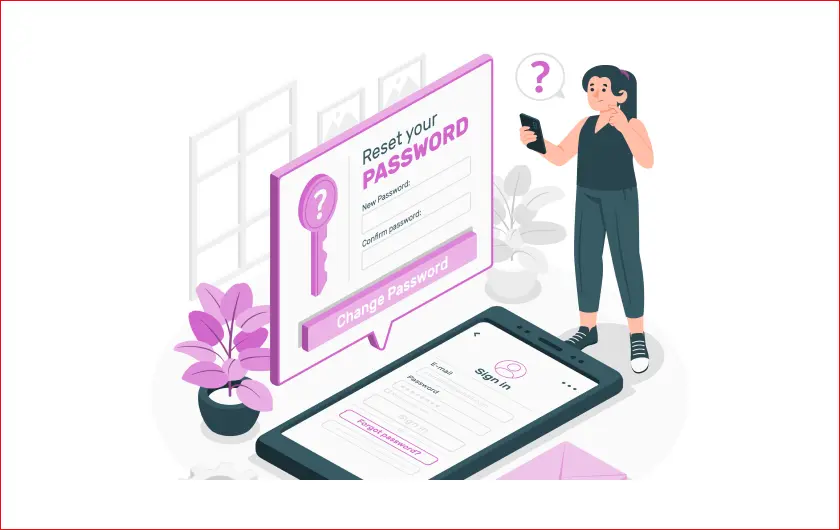
- Strong Password Enforcement: Ghost enforces minimum password strength requirements, encouraging users to create complex and secure passwords.
- Two-Factor Authentication: 2FA adds an extra layer of security by requiring a second verification factor, such as a code sent to your phone or an authentication app, in addition to the password.
- User Roles and Permissions: You can assign different roles to users with varying levels of access and permissions, ensuring only authorized users have access to sensitive information and functionalities.
- Brute Force Protection: Ghost automatically locks out accounts after a certain number of failed login attempts, preventing brute force attacks.
2. Data Security and Encryption

- SSL/TLS Support: Ghost supports SSL/TLS certificates, which encrypt data transmission between the user’s browser and your website, protecting sensitive information like login credentials.
- Data Encryption: Ghost stores user passwords securely using a one-way hashing algorithm, making it virtually impossible for attackers to recover the original passwords even if they gain access to the database.
- Regular Backups: Ghost provides built-in backup functionalities, allowing you to back up your website data regularly to a secure location. This ensures you can restore your website quickly in case of an attack or data loss.
3. Content Security and Protection
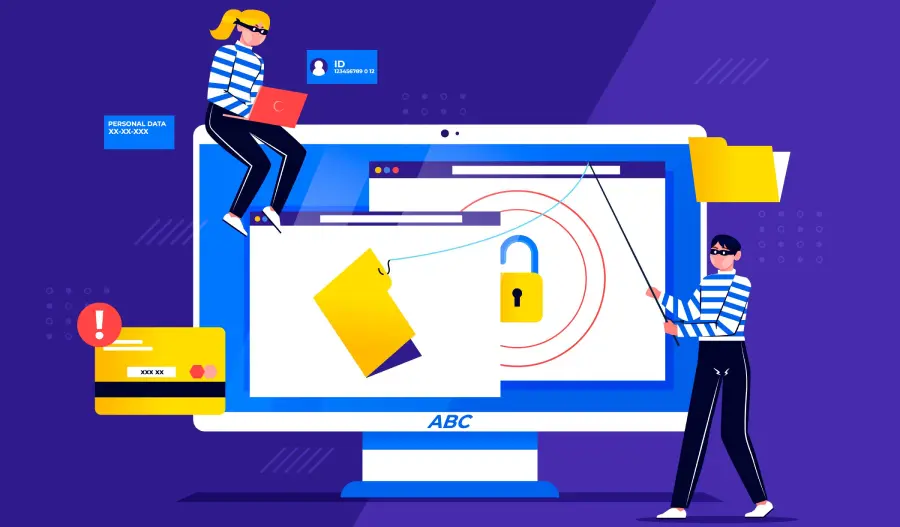
- Content Security Policy (CSP): Ghost allows you to implement a Content Security Policy (CSP), which restricts the types of scripts and resources that can be loaded on your website, preventing malicious content injection and cross-site scripting vulnerabilities.
- Member Content Protection: You can configure Ghost to restrict specific content sections or entire posts to members only, ensuring sensitive or exclusive content is only accessible to authorized users.
- Comment Moderation Tools: Ghost provides tools to moderate user comments, filter spam, and block abusive users, keeping your website clean and free from unwanted content.
4. Security Updates and Maintenance

- Automatic Updates: Ghost automatically checks for and installs security patches and updates, ensuring your website remains protected against the latest vulnerabilities.
- Security Documentation: Ghost provides comprehensive documentation on security features and best practices, empowering you to implement robust security measures on your website.
- Active Community: A vibrant and active community surrounds Ghost, offering support and guidance on security issues and best practices.
5. Additional Security Measures
- Web Application Firewalls (WAF): Consider adding a WAF to your website’s security stack to filter suspicious traffic and block malicious attacks.
- Intrusion Detection Systems (IDS): Implementing an IDS can help you monitor your website for suspicious activity and identify potential threats before they escalate.
- Security Scanning Tools: Regularly scanning your website with security scanning tools can help you identify and address vulnerabilities before attackers exploit them.
It’s important to remember that security is not a one-time effort, but an ongoing process. By understanding the built-in security features of Ghost CMS, implementing best practices, and continuously monitoring your website, you can ensure your website remains a secure haven for your content and your audience.
Additional Tips
- Use a secure web host: Choose a reputable web hosting provider with a strong security track record.
- Be vigilant: Stay informed about current security threats and best practices.
- Seek help: Consult a security expert if you need assistance with securing your website.
Conclusion
In this blog, we’ve explored the multifaceted world of Ghost website security. Securing your Ghost website is not a luxury; it’s a necessity. By implementing the strategies outlined in this guide, you can build a fortress in the digital world, protecting your content, data, and audience from malicious actors.
Remember, security is a journey, not a destination. Stay vigilant, continuously update your knowledge and tools, and adapt to evolving threats. By remaining proactive and prioritizing security, you can ensure your Ghost website thrives as a safe and secure haven for your creative expression and online presence.
FAQs
Do you have any questions about how to secure your ghost website? We have answers to some frequently asked questions on the topic.
What are the most common security threats to Ghost websites?
The most common threats include brute-force attacks, SQL injection vulnerabilities, and cross-site scripting (XSS) attacks. These attacks can allow hackers to gain access to your website’s data or even take control of it.
What are the minimum security measures I should take for my Ghost website?
- Enforce strong passwords for all users.
- Enable two-factor authentication (2FA).
- Use an SSL/TLS certificate.
- Keep your Ghost core, themes, and plugins updated.
- Regularly back up your website data.
How can I stay informed about the latest Ghost security threats and best practices?
- Follow the official Ghost blog and social media channels.
- Subscribe to security-focused newsletters and blogs.
- Participate in the Ghost community forums and discussions.
Hi, This is Biplob Hossain. I am professional content writer. I successfully wroten a lot of content about Web development topics. I am also good web developer.
Related Articles
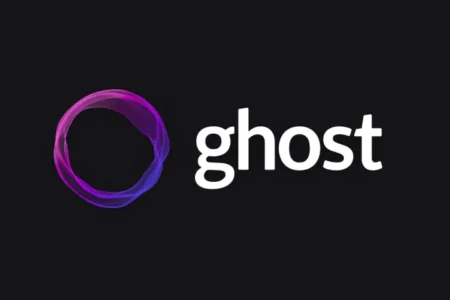
A beginner’s guide to use Ghost CMS in 7 Steps
Learn how to create your own blog using Ghost CMS, a powerful and easy-to-use content management system. This beginner's guide will walk you through the steps of installing Ghost,...
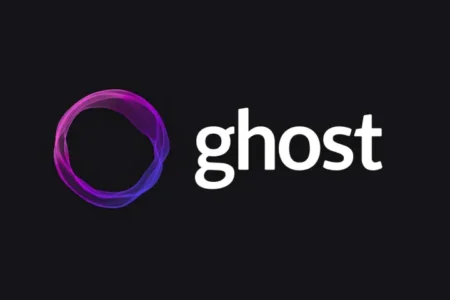
Ghost Website Performance Optimization Tips and Tricks
Unlock your Ghost Website hidden potential! Master performance optimization techniques for a faster, smoother, and more successful website.

How to create a Ghost blog website from scratch
Craft a captivating blog with Ghost CMS: A comprehensive guide for beginners to establish their online presence with ease.